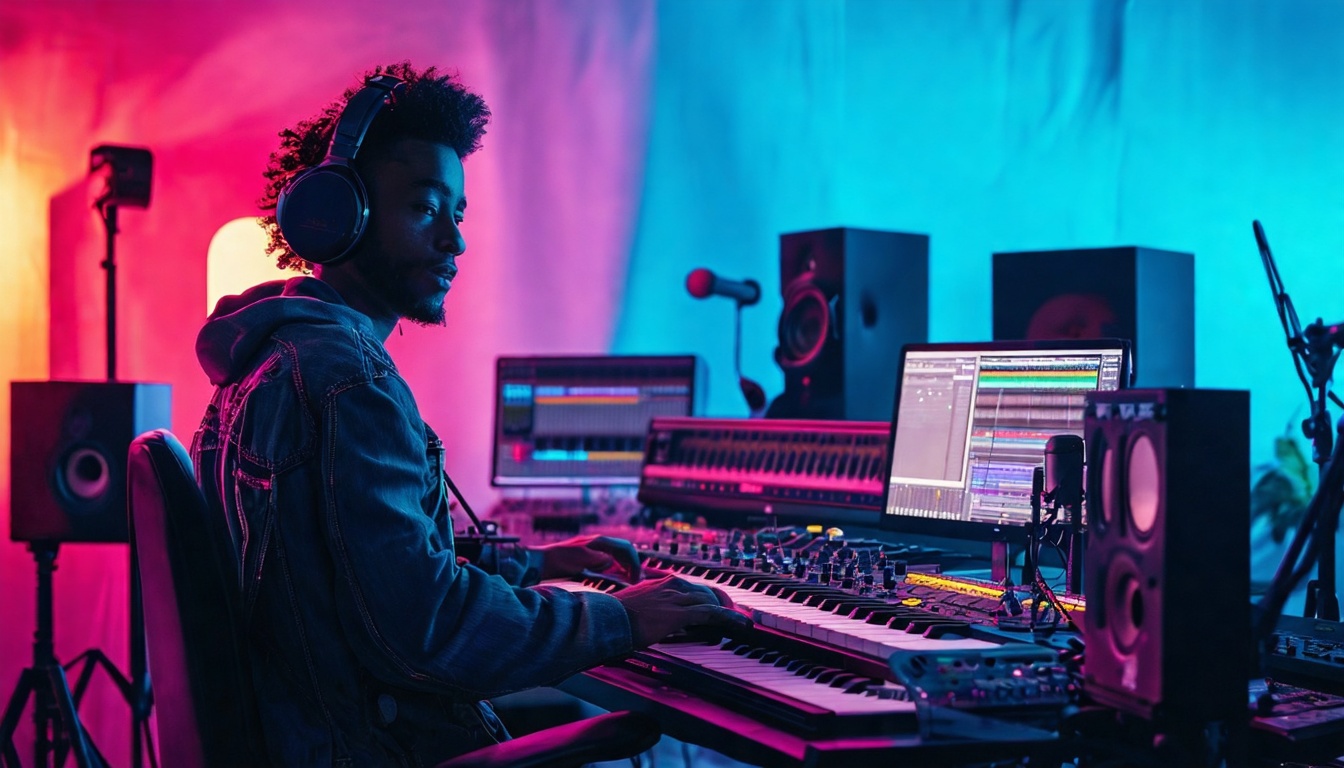Introduction to OnlyFans and Its Impact on Music Industry
OnlyFans, a platform launched nearly a decade ago, has rapidly become a significant online platform where creators, including musicians, share content through subscriptions or pay-per-view options. This platform supports a range of pricing tiers and interactive options, offering fans the chance to tip creators in appreciation of their work.
Financial Challenges in the Music Industry
The music industry has seen a shift where artists like Kate Nash find live performances no longer cover the shortfall created by dwindling streaming revenues, with touring costs climbing concurrently. Despite selling out shows at the same rate as seven years earlier, Nash reports that her earnings have remained stagnant while the costs associated with touring have surged.
Artistic and Financial Autonomy on OnlyFans
OnlyFans provides a direct-to-consumer model that gives musicians like Kate Nash and Lizzie No a platform to freely express themselves and explore diverse content types, including politically charged or socially conscious materials. This model is particularly beneficial in a landscape where traditional media often imposes commercial filters that may dilute or overlook such content.
- Kate Nash: Nash uses OnlyFans to supplement her income, creatively engaging with her fan base by sharing unique content, including comedic videos and music. Her initiative "Butts 4 Tour Buses" allowed her to quickly cover her tour expenses through creatively themed content that resonated with her audience.
- Lizzie No: Highlighted the significance of OnlyFans as a empowering digital space for creators, especially useful for those from historically marginalized communities. She emphasized that the platform allows for reclaiming financial and creative control, thus supporting direct audience engagement through subscriptions.
Broader Implications for the Gig Economy
The involvement of artists like Kate Nash on OnlyFans not only highlights the financial and creative benefits but also points to broader labor issues within the gig economy, including the normalization and improved conditions for all sectors, notably sex work. Nash advocates for the empowerment of workers across all sectors, underlining the importance of visibility and normalization in fostering better working conditions.
Conclusion: Reimagining Artist Engagement and Monetization
The rise of OnlyFans and its adoption by musicians reflects significant shifts in how artists engage with their audiences and monetize their offerings. This platform exemplifies the evolving landscape of the creative economy, presenting new opportunities and challenges in how content is valued and compensated in the digital age. Musicians navigating these new terrains are pioneering changes that could influence broader cultural and economic systems.

